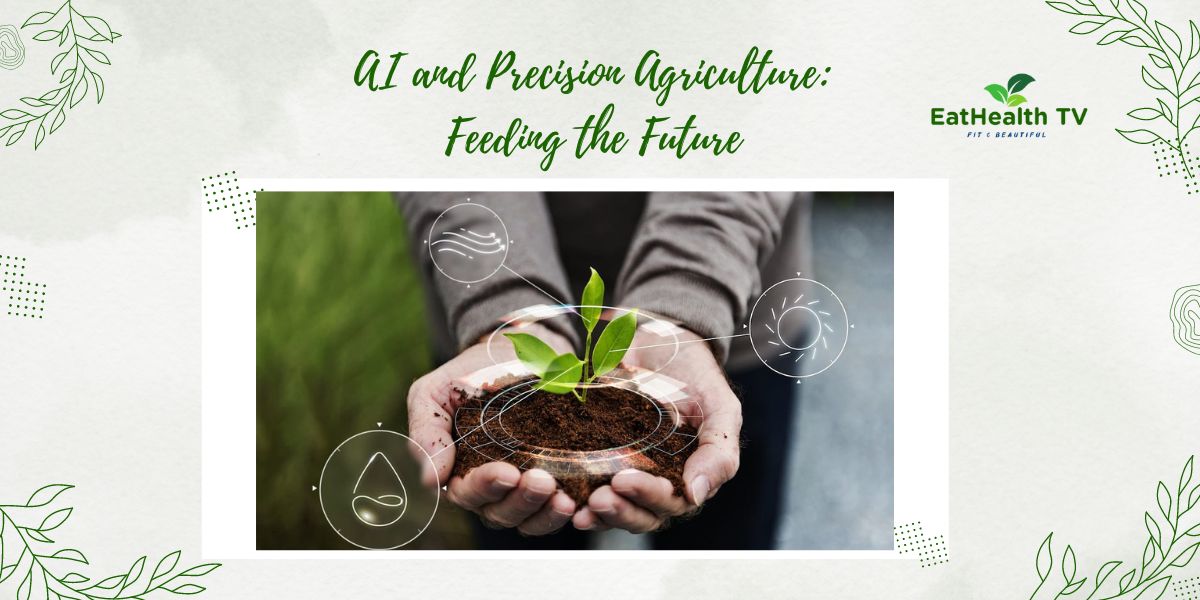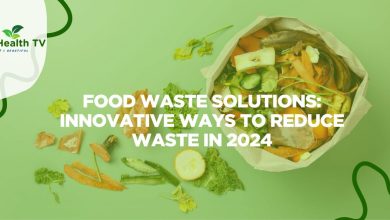AI and Precision Agriculture: Feeding the Future
Unleashing the Potential of AI to Revolutionize Farming Practices

AI and Precision Agriculture: Cultivating a Sustainable Future
In the face of climate change, population growth, and resource constraints, the global agricultural sector is under increasing pressure to produce more food with fewer resources. In this era of technological innovation, artificial intelligence (AI) is emerging as a game-changer in agriculture, offering solutions to enhance productivity, optimize resource use, and promote sustainability. From crop monitoring to predictive analytics, AI-powered precision agriculture is reshaping the way we farm and paving the way for a more sustainable future. This comprehensive guide explores the role of AI in transforming agriculture, from its applications in crop management to its impact on food security and environmental sustainability.
Understanding AI in Precision Agriculture:
- What is Precision Agriculture?: Precision agriculture, also known as precision farming or smart farming, involves the use of advanced technologies to optimize crop yields, reduce inputs, and minimize environmental impact. AI plays a crucial role in precision agriculture by leveraging data analytics, machine learning, and remote sensing technologies to make informed farming decisions and improve agricultural practices.
- How AI is Revolutionizing Crop Management: AI-powered crop management systems analyze a myriad of data inputs, including weather patterns, soil conditions, crop health, and pest infestations, to provide farmers with real-time insights and recommendations. By harnessing the power of AI algorithms, farmers can optimize irrigation schedules, apply fertilizers more efficiently, and detect crop diseases early, leading to higher yields and reduced environmental impact. Just as we know Just as we know Tech Trends: AI’s Role in Modern Medical Care
The Impact of AI on Food Security and Sustainability:
- Enhancing Food Production Efficiency: AI-driven technologies such as precision planting, autonomous machinery, and drone-based monitoring systems enable farmers to maximize the productivity of their land while minimizing waste. By improving efficiency and reducing resource inputs, AI in agriculture contributes to the global effort to ensure food security for a growing population.
- Promoting Environmental Sustainability: AI-powered precision agriculture helps farmers adopt more sustainable farming practices by reducing water usage, minimizing chemical inputs, and mitigating soil erosion. By optimizing resource allocation and minimizing environmental impact, AI contributes to the long-term sustainability of agricultural systems and protects natural ecosystems.
Challenges and Opportunities:
- Data Privacy and Security: One of the key challenges of AI in agriculture is the protection of sensitive farm data, including crop yields, soil composition, and machinery usage. To address this challenge, farmers must implement robust data security measures and adhere to strict privacy regulations to safeguard their data from unauthorized access and exploitation.
- Adoption and Accessibility: Despite the potential benefits of AI in agriculture, widespread adoption remains a challenge, particularly among smallholder farmers in developing countries. To overcome barriers to adoption, governments, agricultural organizations, and technology providers must work together to provide training, support, and access to affordable AI tools and technologies.
Future Trends and Outlook:
- Advancements in AI Technologies: As AI technologies continue to evolve, we can expect to see more advanced applications of AI in agriculture, including predictive analytics, autonomous machinery, and robotic farming systems. These advancements have the potential to revolutionize the way we farm and address some of the most pressing challenges facing the agricultural sector.
- Integration with Sustainability Initiatives: AI-powered precision agriculture is increasingly being integrated with broader sustainability initiatives, such as regenerative agriculture, organic farming, and climate-smart agriculture. By leveraging AI to optimize resource use and minimize environmental impact, farmers can contribute to the global effort to combat climate change and build more resilient food systems.
Conclusion:
In conclusion, AI and precision agriculture represent a powerful combination of technologies that have the potential to revolutionize farming practices and promote sustainability in the agricultural sector. By harnessing the power of AI algorithms, farmers can make more informed decisions, optimize resource use, and improve productivity while minimizing environmental impact. However, realizing the full potential of AI in agriculture requires collaboration, investment, and a commitment to ethical and responsible use of technology. With continued innovation and adoption, AI-powered precision agriculture holds the key to feeding the future while preserving our planet for generations to come.




